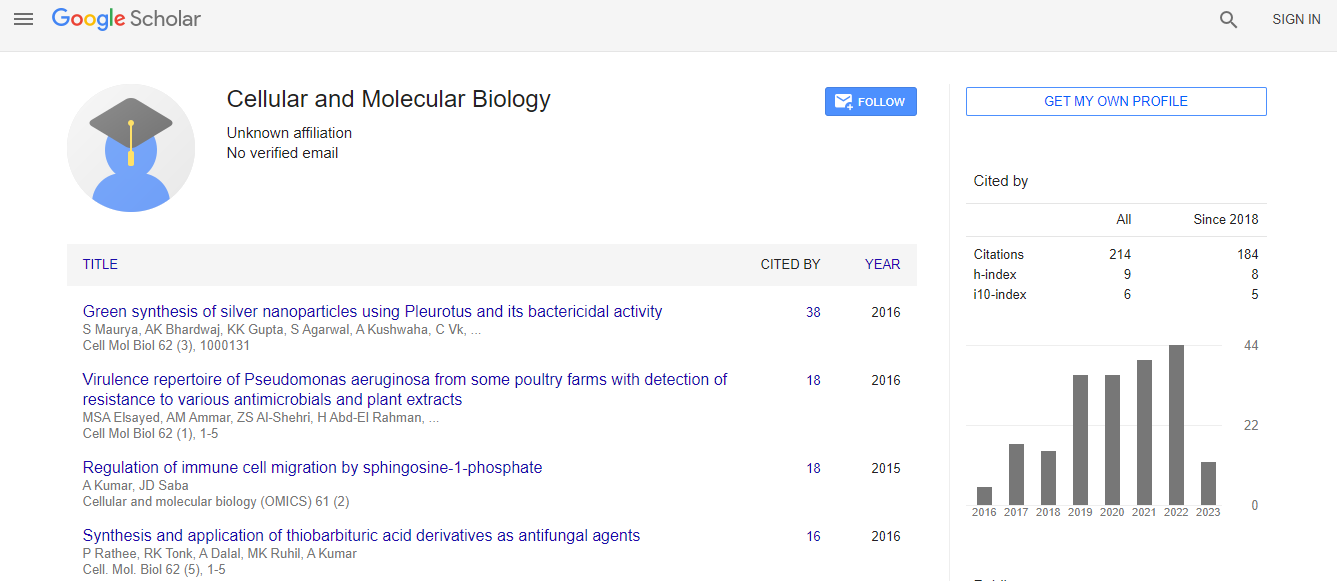Gene Polymorphism: An Overview of Mechanisms, Types and Implications in Human Health
*Corresponding Author:Received Date: Nov 01, 2024 / Published Date: Nov 30, 2024
Copyright: © 0 . This is an open-access article distributed under the terms of the Creative Commons Attribution License, which permits unrestricted use, distribution, and reproduction in any medium, provided the original author and source are credited.
Abstract
Gene polymorphism refers to the variation in DNA sequences among individuals, significantly contributing to genetic diversity and influencing phenotypic traits, disease susceptibility, and drug response. This overview explores the mechanisms that give rise to gene polymorphisms, including mutations, recombination, and gene flow. It categorizes polymorphisms into types such as single nucleotide polymorphisms (SNPs), insertions and deletions (indels), copy number variations (CNVs), and structural variants. The implications of these genetic variations for human health are profound, as they are crucial in disease association studies, pharmacogenomics, and the development of personalized medicine. By enhancing our understanding of gene polymorphisms, researchers can improve diagnostic strategies, therapeutic approaches, and overall health outcomes.

 Spanish
Spanish  Chinese
Chinese  Russian
Russian  German
German  French
French  Japanese
Japanese  Portuguese
Portuguese  Hindi
Hindi 
